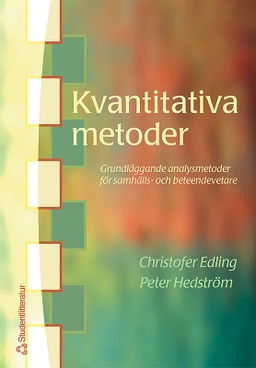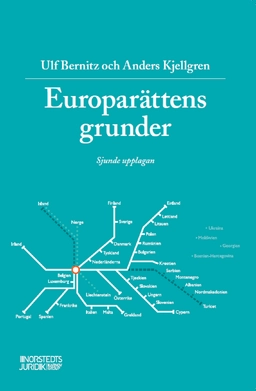

On the Pragmatics of Communication (OBE)
- Utgiven: 2000
- ISBN: 9780262581875
- Sidor: 454 st
- Förlag: MIT Press
- Format: Inbunden
- Språk: Engelska
Om boken
J?rgen Habermas's program in formal pragmatics fulfills two main functions. First, it serves as the theoretical underpinning for his theory of communicative action, a crucial element in his theory of society. Second, it contributes to ongoing philosophical discussion of problems concerning meaning, truth, rationality, and action. By the "pragmatic" dimensions of language, Habermas means those pertaining specifically to the employment of sentences in utterances. He makes clear that "formal" is to be understood in a tolerant sense to refer to the rational reconstruction of general intuitions or competences. Formal pragmatics, then, aims at a systematic reconstruction of the intuitive linguistic knowledge of competent subjects as it is used in everyday communicative practices. His program may thus be distinguished from empirical pragmatics -- for example, sociolinguistics -- which looks primarily at particular situations of use.This anthology brings together for the first time, in revised or new translation, ten essays that present the main concerns of Habermas's program in formal pragmatics. Its aim is to convey a sense of the overall purpose of his linguistic investigations while introducing the reader to their specific details, in particular to his theories of meaning, truth, rationality, and action.
Åtkomstkoder och digitalt tilläggsmaterial garanteras inte med begagnade böcker
Mer om On the Pragmatics of Communication (OBE) (2000)
I mars 2000 släpptes boken On the Pragmatics of Communication (OBE) skriven av Jurgen Habermas. Den är skriven på engelska och består av 454 sidor. Förlaget bakom boken är MIT Press.
Köp boken On the Pragmatics of Communication (OBE) på Studentapan och spara pengar.
Referera till On the Pragmatics of Communication (OBE)
Harvard
Habermas, J. (2000). On the Pragmatics of Communication (OBE). MIT Press.
Oxford
Habermas, Jurgen, On the Pragmatics of Communication (OBE) (MIT Press, 2000).
APA
Habermas, J. (2000). On the Pragmatics of Communication (OBE). MIT Press.
Vancouver
Habermas J. On the Pragmatics of Communication (OBE). MIT Press; 2000.
Bokens omdöme
Ingen har recenserat den här boken ännu.



















